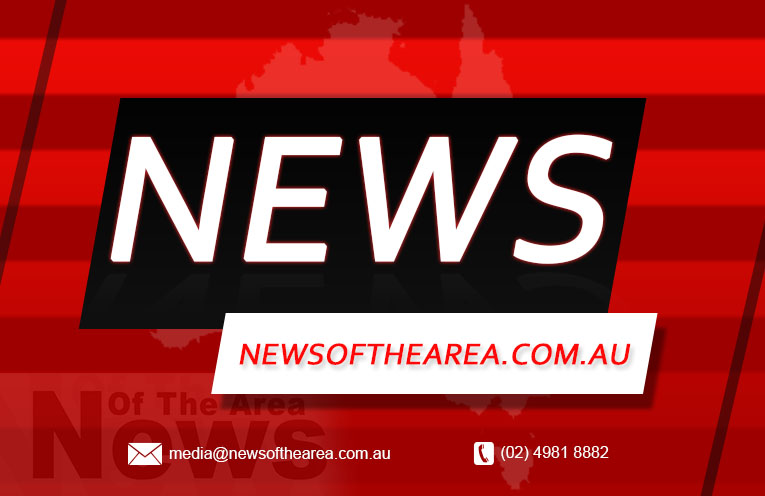NSW is getting ready to stop the use of single use plastics.
To drive home the message on why it is so important to ‘Stop It and Swap It’, a new campaign will highlight the impact of single use plastics on marine life.
 Advertise with News of The Area today.
Advertise with News of The Area today.It’s worth it for your business.
Message us.
Phone us – (02) 4981 8882.
Email us – media@newsofthearea.com.au
Shocking images of plastic pollution in the ocean and a turtle choking on a plastic bag feature in a thought-provoking new advertising campaign released ahead of the NSW Government’s November single-use plastic ban.
Minister for Environment James Griffin said the confronting images are an important reminder about why the state is banning certain single-use plastics.
“Our new Stop it and Swap it campaign is a stark reminder about why the NSW single-use plastic bans are critical for our environment – as consumers we must all change our behaviour,” Mr Griffin said.
“About 95 percent of the litter on beaches and waterways comes from suburban streets, and the vast majority of that litter is single-use plastic.
“The amount of plastic in our oceans is predicted to outweigh the amount of fish by 2050.
“That is a horrifying prediction and a call to action to ensure our wildlife, like the turtle featured in the campaign, can have a brighter future.
“The NSW plastic bans are just the beginning of our massive shift away from single-use plastic, and they’ll prevent 2.7 billion items of plastic litter from entering the environment over the next 20 years.”
Plastic packaging and single-use plastic items make up around 60 percent of all litter in NSW, which is why the NSW Government is banning more single-use items from November.
Lightweight single-use plastic bags were banned from 1 June, and from 1 November, the NSW Government is banning single-use items including: plastic straws, stirrers, cutlery, plates, bowls and cotton buds, food ware and cups made from expanded polystyrene, and rinse-off personal care products containing plastic microbeads.
Taronga Wildlife Hospital Rescue and Rehabilitation Coordinator Libby Hall said they treat an array of wildlife cases each year, and sadly, many of these arrive at Taronga suffering the impacts of having ingested plastic.
“Just recently, we admitted a Green Turtle hatchling that was only a few weeks old and excreted plastics for several days after it arrived,” Ms Hall said.
“While thankfully this little hatchling is still with us, sadly many have not been so lucky and it’s a sobering reminder of how our actions can have devastating impacts on endangered wildlife.
“Nearly every marine turtle we’ve had in has been impacted by plastic in some way – either through ingestion or entanglement.
“Many of these animals come in deceased, and there are only a few that survive.
“So if you have the choice not to use plastic, please don’t use it.”
The easy-to-understand messaging of the Stop it and Swap It campaign aims to raise awareness about the single-use plastic bans and will be translated into multiple languages to reach diverse communities across the state.
As a destination where turtles can be seen in the port it is vitally important that Port Stephens is clean and green and that everyone of us focuses on ensuring plastic doesn’t end up in our waterways.
Earlier this year Sea Shelter released a Green Sea Turtle at Fly Point that had been entangled in a fishing line and subsequently lost one flipper.
Sea Shelter is located at Irukandji Shark and Ray Encounters and the charity led by a Marine Biologist works with the team at Taronga Zoo and the Port Stephens Koala Hospital to assist and care for injured and sick turtles in our region.
By Marian SAMPSON

